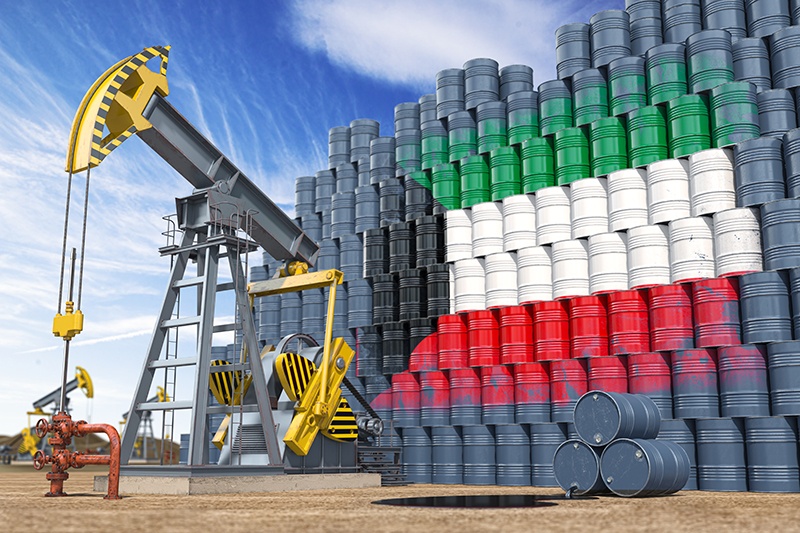Fitch Solutions expects the growth of fuel refining production in Kuwait by 35% in 2023, with expectations of an increase in the production of the new phase of the Al-Zour refinery during 2023 and 2024; while the remaining 60% will be allocated to the production of diesel, kerosene, jet fuel and other petroleum products for export.
The agency said in its report that while there is no accurate information about when the Al-Zour refinery will be operational at full capacity, media reports indicate that this may happen within a few months. However, it is believed that this time frame is overly optimistic, given the history of delays that have plagued the refinery’s work in the past, reports Al-Qabas daily.
The agency added, it expects the refinery to achieve full production capacity gradually, with about half of the full capacity in 2023 and the other half in 2024. By next year, Kuwait will have a total refining capacity of 1.4 million barrels per day, and it will become the second largest country for refining capacity in the Middle East and North Africa region after Saudi Arabia.
As a result, the refined fuel in Kuwait will increase by 35% to 1.05 million barrels per day in 2023, before increasing significantly to 1.4 million barrels per day in 2024, says the agency.
On the other hand, the full operation of the Al-Zour refinery will lead to an increase in Kuwait’s fuel exports to more than 3 times by 2024, at the expense of crude oil exports, and it is expected that Kuwait’s fuel exports will increase significantly from 290 thousand barrels per day in 2022 to 910 thousand barrels per day in the year next.
The agency explained that while 27% of crude oil production in Kuwait feeds local refineries for refining in 2022, this percentage is expected to rise to 35.7% in 2023 and to about 46% in 2024. This will contribute to a decrease in Kuwait’s exports of crude oil from 2.1 million barrels per day in 2022 to 1.9 million barrels in 2023 and 1.7 million barrels in 2024.
On the other hand, the reductions of OPEC and its allies amounting to two million barrels per day agreed upon in the fourth quarter of 2022 will have a strong impact on Kuwait’s production, Fitch Solutions said.
It is likely that Kuwait’s commitment to its production share within the organization will weaken in the second half of 2023, after it was strict in recent years in its commitment, as the compliance rate often exceeded 100 percent.
The KPC’s goals, the agency said, include increasing diesel exports to Europe significantly from about 10,000 barrels per day in 2022 to 50,000 barrels per day this year, in addition to doubling jet fuel exports to 100,000 barrels per day this year as well. It is likely that these goals will be achieved, which will enable Kuwait to become a major beneficiary of the refining industry, which will achieve high profit margins in the medium term.
Fitch Solutions expects the diesel price to reach an average of $116 per barrel worldwide during 2023-2025, which is 69% higher than the average price of $69 per barrel during the period 2016-2020. It is also likely that the average price of jet fuel will reach $113 per barrel during 2023-2025, ie 74% higher than the average of $65 per barrel during 2016-2020.
The agency said that Kuwait is preparing to increase fuel exports to Europe given the European embargo imposed on Russian oil imports. Kuwait is also in a good position to benefit from Europe’s ban on Russian oil imports, which took effect on the Feb 5, noting that Russia used to export, before the Russian-Ukrainian war, about half of diesel imports of Europe, or about 750,000 barrels per day.
The Kuwait Oil Corporation finally plans to take advantage of this opportunity and acquire a market share in exporting oil to Europe instead of the Russian share lost due to sanctions.

